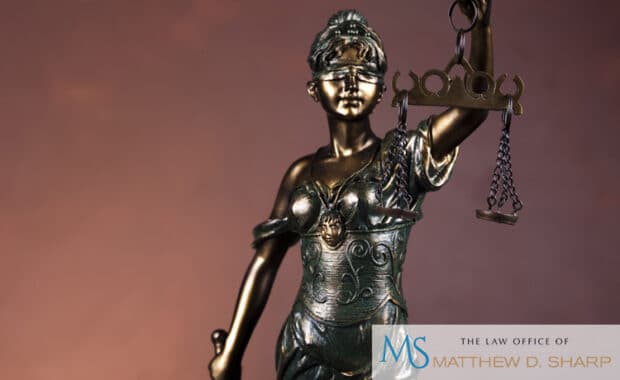The Constitution of the United States guarantees that a person cannot be tried for a felony crime without first being formally charged. According to the Texas Code of Criminal Procedure, the official charges used by the courts to commence prosecution are called criminal indictments. This practice, also known as “due process,” has roots dating back hundreds of years and was developed to put a check on the government’s judicial power. In this way, citizens are protected from unjust punishment and are able to have a fair trial.
Indictments are Required for Federal Offenses
In most cases, criminal indictments are issued for federal offenses. For example, crimes punishable by death require the issuance of indictments. Minor offenses and misdemeanor cases do not carry this requirement. The key difference between these two classes of criminal behavior lies in the severity of the sentence that the court can legally hand down. Misdemeanors are punishable by a period of incarceration not to exceed one year and/or a fine. Despite this difference, some misdemeanor crimes that are tried in state courts may include indictments as part of the proceedings.
Grand Juries Must Approve Indictments
Grand juries are responsible for determining if there is sufficient evidence to indict the alleged perpetrator of a crime. This is a very important step because a federal trial cannot commence without an indictment. A federal grand jury is made up of 23 people who are selected to by the government. This is similar to a person being summoned to serve jury duty, with the notable exception that grand jury members serve for a period of 18 months.
To ensure safety and fairness, grand jurors operate in a high degree of secrecy. The prosecution will explain the charges being filed and then present evidence and witnesses to show that the person being charged is likely to be guilty of the crime.
The prosecution does not have to prove that the person is guilty as charged. It is only necessary to show that there is enough evidence to support a reasonable suspicion, or “probable cause”, to carry on with a trial. All of these activities are carried out “ex parte”, which means that the defendant in the case is not required to be present. If the jury believes a trial should commence, they will issue a true bill. If not, they will issue a no bill.
Criticisms of Indictments
The use of grand juries and criminal indictments has caused a large amount of criticism. The main criticism focuses on the fact that the defendant’s constitutional rights are restricted. The defendant may not have an attorney to cross-examine witnesses during the indictment process. Also, unlike the jurors in a non-felony trial, grand jurors are not screened for impartiality.
To learn more about criminal indictments and grand juries, speak to The Law Office of Matthew D. Sharp today at 713-868-6100.




